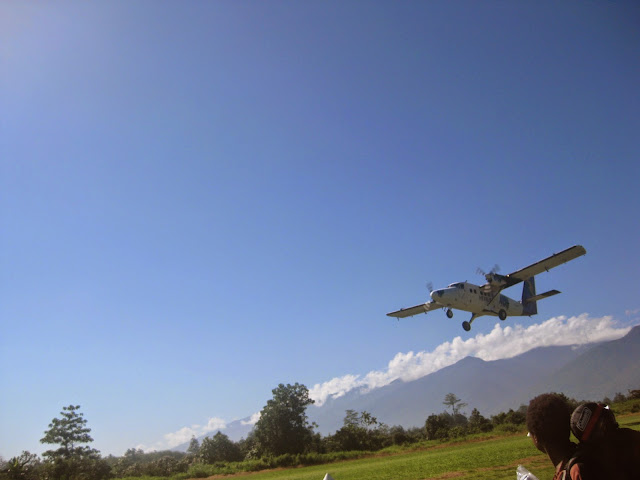The choices every Grade 12 student makes on the National Online Application System (NOAS) are critical, yet many capable students miss out on selection simply due to a lack of proper guidance.
Providing students with the right direction can significantly increase their chances of entering higher learning institutions. Good marks, typically a GPA above the required threshold, are vital. However, even students with a GPA of 2.8 (Bs and higher Cs) sometimes miss out on selection to universities or colleges on a government scholarship.
Why Students with Good GPAs May Not Get Selected
Three key factors disadvantage capable students:
1. Increasing Number of Grade 12 Students:
Since 2014, the number of students completing Grade 12 has increased, while spaces at tertiary institutions have remained relatively low. On average, only 20% of students continue to higher education each year. As secondary schools have proliferated across provinces, the competition for limited tertiary spots has become fierce, with five students vying for every available space.
Today, there are 237 secondary schools and NSOE with over 34600 Grade 12 students - see the exact figure here.
SLF Choices:
A 'funnel effect' means only students with excellent Grade 12 marks and strategic SLF choices get preference. It's crucial to balance both—good grades and wise choices on the SLF. As a rule of thumb:
- SLF Choice 1: University
- SLF Choice 2: College/Technical Institute
- SLF Choice 3: Vocational/Technical Centre
- ...
- ...
- ...
STAT-P Test:
For those applying to UNITECH or UOG, sitting for the STAT-P (aptitude) test is mandatory. All principals and deputy principals must ensure students intending to apply to these universities take the test. The University of Natural Science and Environment is also expected to introduce entry tests in the future. Non-school leavers should avoid listing university programs as their second choice on the SLF; the first choice must be a university program if they aim to excel in the Grade 12 exams.
Grade 12 Grace Period - Adjusting Choices
The Grace Period allows students to adjust their choices based on their final marks. The online School Leavers Choice system simplifies this process, enabling students to match their grades to appropriate institutions.
Related Articles
- With the increasing number of students passing out of grade 12, only 20% of students were selected to continue after Grade 12 each year between 2014 and 2016. This rate has not improved yet.
- STAT-P Test To get more details on STAT-P, click HERE.
About PNG Insight



